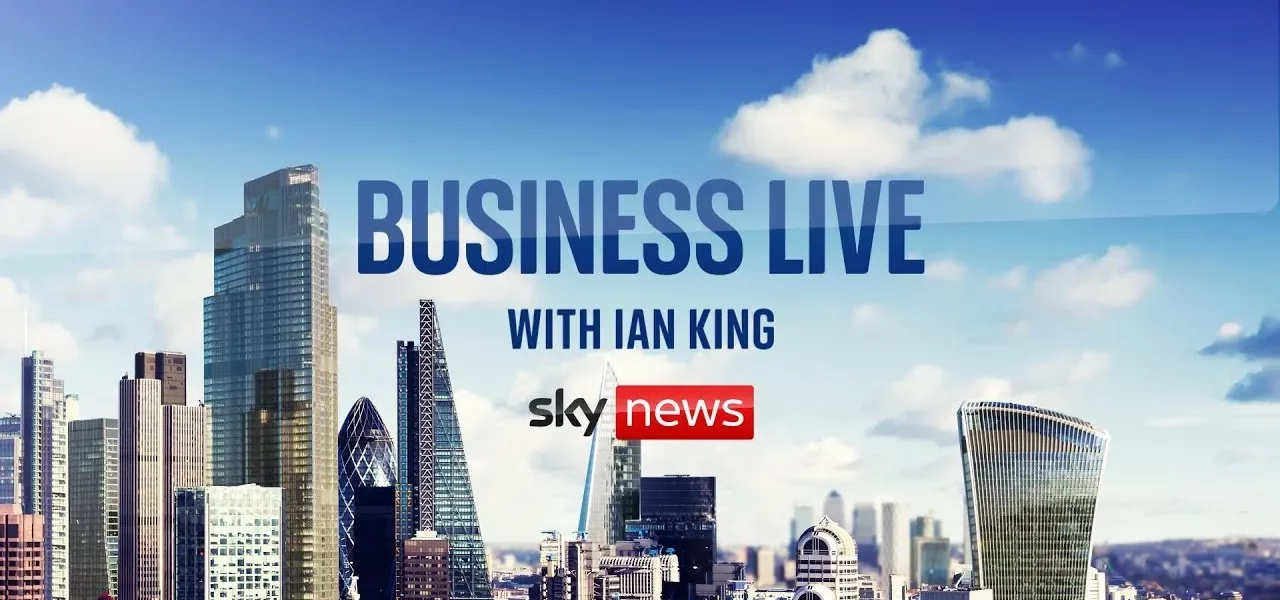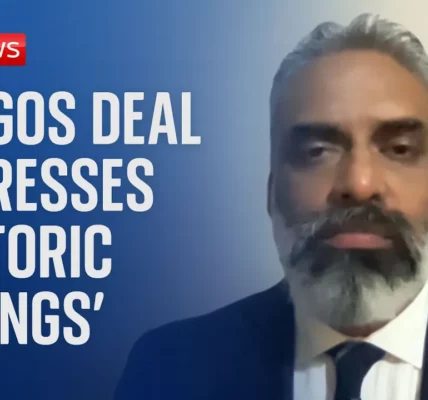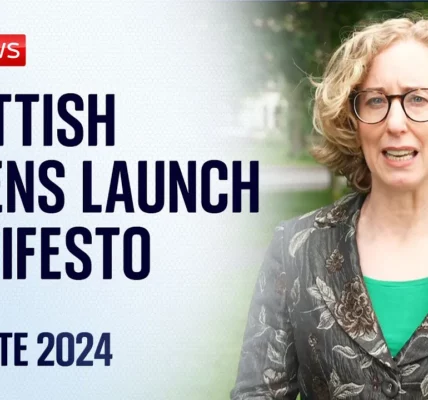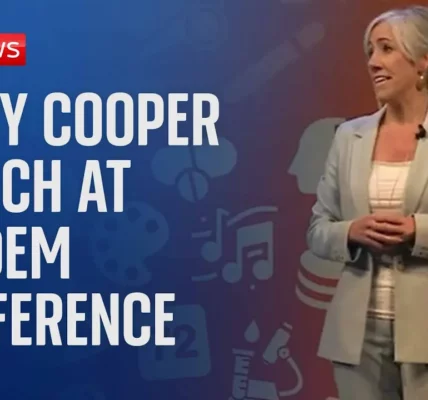The Top Business Stories Live from the Sky New City Studio

Join us as we dive deep into the latest business news, highlighting significant trends in retail sales, energy prices, and corporate strategies from leading industry figures. This article covers the recent decline in retail sales due to adverse weather conditions, the impact of energy price cap adjustments on households, and the ambitions of major corporations like Marriott International for growth and innovation.
Introduction
In recent weeks, various business sectors have experienced fluctuations that are shaping the economic landscape. The unexpected decline in retail sales, attributed to exceptionally wet weather, raises questions about consumer behavior and market resilience. Meanwhile, the energy sector sees a silver lining with a reduction in household energy bills, thanks to regulatory interventions. Additionally, insights from corporate leaders highlight the importance of a supportive economic environment for growth and innovation. This article will explore these pivotal developments in detail.
Decline in Retail Sales
The Office for National Statistics reported a surprising 2.3% drop in retail sales volumes for April, a figure that was significantly lower than anticipated. This downturn is particularly notable as it follows a revision of March’s figures, which now indicate a 2% decrease from February instead of a previously reported flat performance. The adverse weather conditions played a crucial role in this decline.
Factors Contributing to the Decline
- Weather Impact: The exceptionally wet conditions deterred consumers from shopping, leading to significant drops in foot traffic.
- Non-Food Sales Decline: Non-food retail sales volumes fell by 4.1%, marking one of the largest declines since January 2021.
- Sectors Affected: Key sectors such as clothing retailers, sports equipment, games and toy stores, and furniture stores reported substantial losses.
Outlook for the Retail Sector
As the weather improves, analysts are keen to see if retail sales will rebound. However, the ongoing challenges of consumer confidence and economic stability remain paramount as potential indicators of future performance.
Energy Price Cap Adjustments
In a significant development for consumers, the energy regulator Ofgem announced a 7% reduction in the household energy price cap, effective from July. This adjustment brings the typical annual energy bill down to £1,568 from £1,690, providing much-needed relief for millions of households.
Impact on Households
The reduction in the price cap comes as a welcome change after a period of soaring energy costs exacerbated by geopolitical tensions, particularly following Russia’s invasion of Ukraine. However, experts caution that energy prices are likely to rise again as winter approaches, predicting an increase in the typical bill to approximately £1,762.
Historical Context of Energy Prices
- Pre-Crisis Levels: Before the crisis in Ukraine, the average energy bill was around £1,084.
- Recent Trends: The fluctuation of energy prices highlights the volatility in the energy market and its impact on household budgeting.
Insights from Corporate Leaders: Marriott International
Len Oberg, Chief Financial Officer of Marriott International, recently expressed the need for a robust financing environment from the next UK government to support growth initiatives. Marriott, the world’s largest hotel company, is poised to enhance its investment strategy significantly, with plans to inject up to $1.2 billion into technological advancements in 2024.
Company Performance and Future Outlook
Marriott reported impressive growth figures for early 2024, particularly in the Asia Pacific and European regions. Despite some slowdown in the US and China markets, the overall performance showcases the resilience of the hospitality industry post-pandemic.
Technological Investments
Oberg outlined several key areas for investment:
- Technology Transformation: Enhancing customer experience through improved booking and service platforms.
- AI Initiatives: Establishing an AI incubator to streamline internal processes and enhance customer engagement.
- Focus on Customer Interaction: Developing intuitive systems to improve communication and service delivery for guests.
Conclusion
The recent business updates reflect a complex interplay between environmental factors, corporate strategies, and consumer behavior. As retail sales face challenges from weather conditions, the energy price cap reduction offers a glimmer of hope for households. Furthermore, corporate leaders like Len Oberg from Marriott International emphasize the importance of a supportive economic environment for future growth. Stakeholders must remain vigilant as they navigate these dynamics. For more insights on business trends and economic forecasts, stay tuned and explore our related articles.
Call to Action: Interested in learning more about the impact of economic policies on businesses? Check out our articles on retail trends and the energy market outlook.
“`




